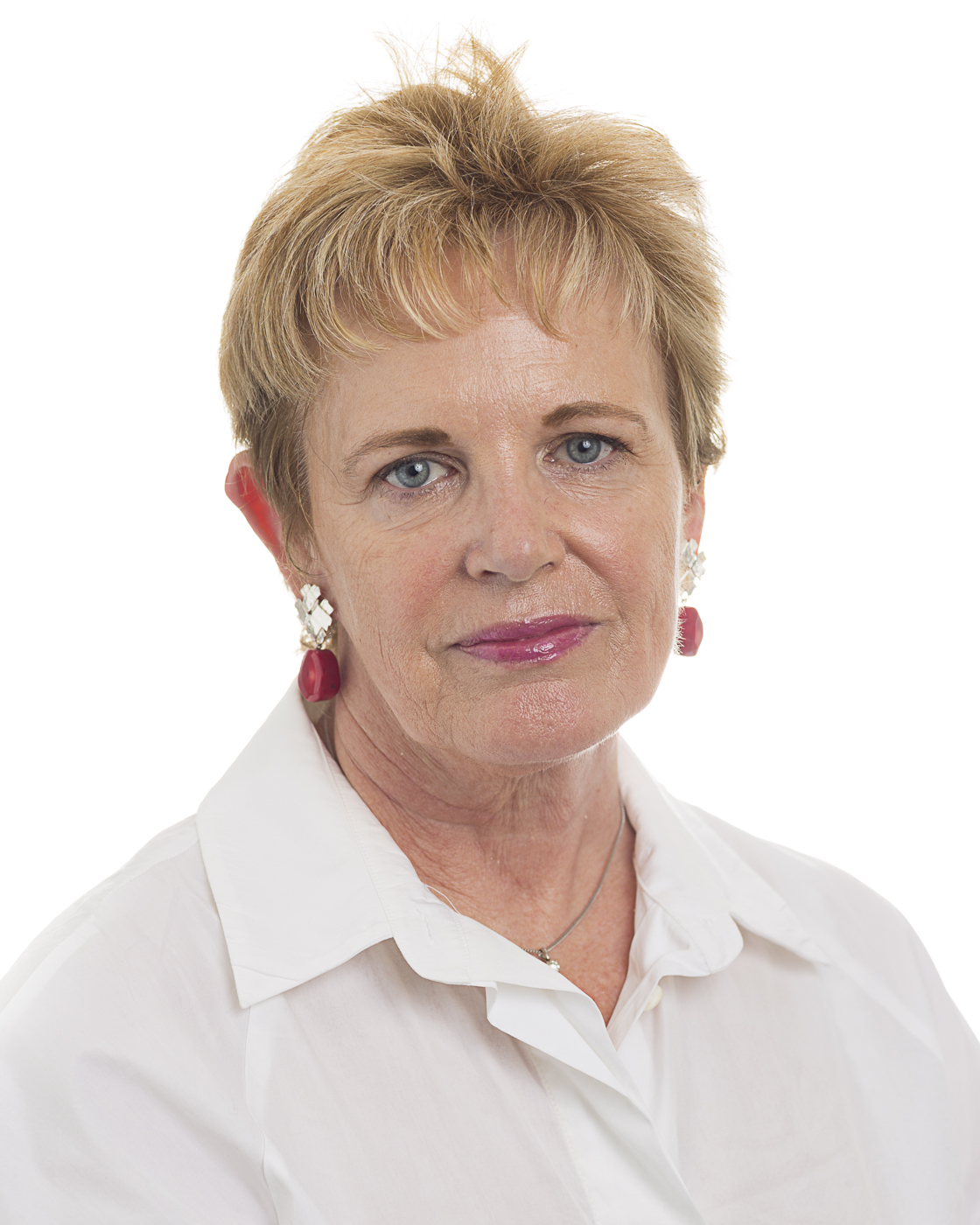The age-old question - but does it need shaking up?
04 May 2012

'How old are you?' is a pretty important question in the research world. However, are findings based on age becoming too simplistic? New definitions of age are a hot topic at the moment and two articles have recently caught my eye.
Marketing's 'the myth of the ageless society' (18 April) outlines the importance of older consumers, noting that by 2035 the number of over-85s will have more than doubled to 3.5m. Basic research design needs to keep up to pace with the modern world and our ever changing society. For example, why do so many samples have an upper age limit of 65? With the grey pound and changing retirement ages it seems to me that this is no longer a very relevant number. The article also urges marketers to readdress how they attract younger consumers, stating that nearly half of 18-24 year olds are unhappy with their portrayal in the media. Again, I agree. There is a definite need for more sound research into what makes both the older and younger generations tick.
People are too often defined by age and by developing a more complex model we can account for the fact that some people of the same age live very different lifestyles. At the moment, by grouping specific age groups together, we assume that all people of the same age are likely to be similar in attitude and behaviour when this certainly isn't the case. This was the premise for The BBC and The Big Window's joint paper 'It's all in the mind: Changing the way we think about age', which won best paper award at our annual conference in March and was recently covered in Research (May 2012). The paper argues that we need to change our focus to how old people feel rather than how old they actually are. By doing so, marketers can become more targeted and their techniques will be more effective.
Much more debate is needed in this area to shake out-of-date preconceptions at both ends of the age spectrum and I'd like researchers and MRS to be at the heart of it. Whatever your age and regardless of how old you feel, please let me know what you think.
Get the latest MRS news
Our newsletters cover the latest MRS events, policy updates and research news.











2 comments
06 May 2012
Rather than eliminating the age completely to start we can add both the queestions How old are you and how old you feel. As this can be studied and monitored over some 100 studies we can take a note if actually there is any difference that people feel. Regards, Raj raj@surveyinsites.com
08 May 2012
I think you are right Jane to say that people need to change their pre-conceptions about how people age. I also think that the upper age that is standard on most surveys should change from 65 to 75 as soon as possible. This is because the greatest change over the next 10 years numerically are the numbers of those 65+ as the leading edge baby boomers pass into this age category. Perhaps we should get a petition going?! Janet@steelmagnolia.co.uk